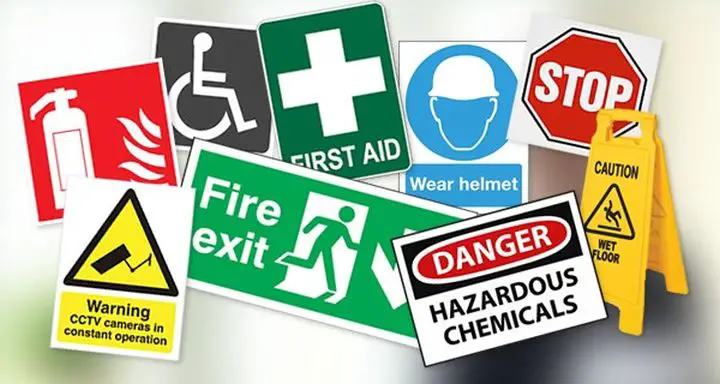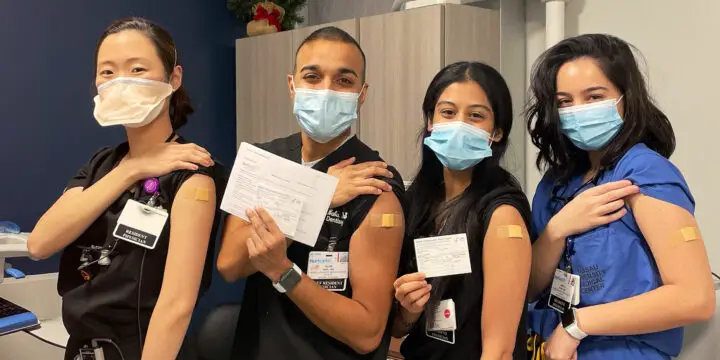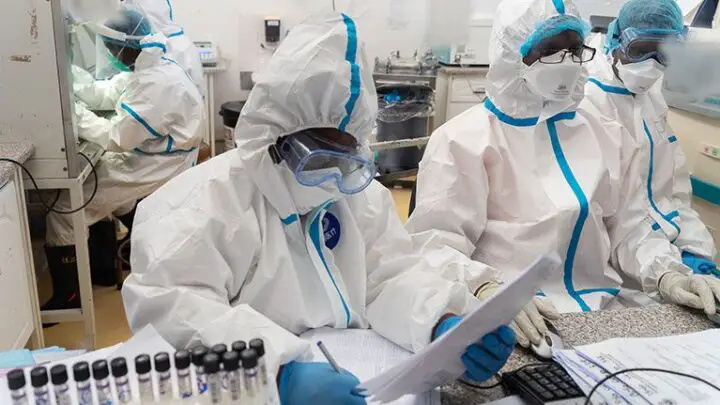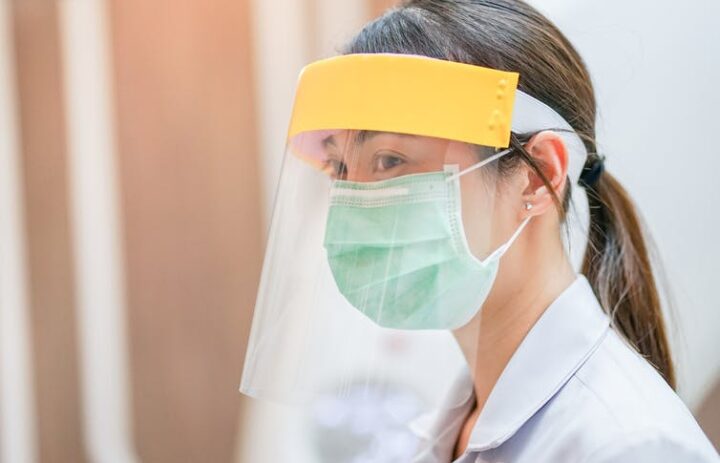9 Ways to Ensure the Safety of Healthcare Workers

When it comes to defending the health and lives of everyone, the first line of defense is the healthcare industry. Healthcare workers are responsible for treating people with injuries, diseases, and other health illnesses. While they may be knowledgeable and skillful in saving people’s lives and preserving their health, unfortunately, they’re highly at risk of being exposed to deadly diseases, viruses, and injuries as frontliners.
To show respect and gratitude to the healthcare workers worldwide, it’s only essential that the healthcare industry also look out for their health and safety. The best way to strengthen the healthcare system and make them resilient for any unexpected health crisis, such as the global pandemic is to maintain proper health protocols within hospitals and other healthcare institutions to shield the healthcare workers from being infected.
Here are nine ways you can do to help ensure the safety of the healthcare workers and overall improve everyone’s health security:
1. Reduce The Risk Against Bloodborne Pathogens

Healthcare workers are mostly at risk of contamination from the viruses and bacteria they examine from their patients’ blood and other body fluids. Accordingly, every healthcare worker must make the necessary preventive measures to reduce their risk of exposure to bloodborne pathogens. You can research online about bloodborne pathogens and make it a guide to fully understand the risks, it entails.
Here are some practices that will reduce their risk of contamination and infection of bloodborne pathogens:
Regular cleaning and disinfecting of medical instruments and tools
Doing proper hand-washing hygiene
Applying disinfectants and antiseptics on the hands prior to handling surgeries and critical wounds
Wearing complete sets of personal protective equipment, face masks, gloves, and shields when interacting with sick patients or handling surgical procedures
If a healthcare worker was accidentally exposed to bloodborne pathogens, they need to be treated and immunized as soon as possible to prevent further spreading to their co-workers.
2. Provide Complete Vaccines

Most healthcare workers are constantly busy administering vaccines for their patients. Consequently, it’s imperative that they also need to be fully vaccinated considering their wide exposure to different illnesses and other airborne pathogens. So, besides providing personal protective equipment, it’s also vital to provide complete vaccines for all healthcare workers, to help strengthen their immune systems and make them more resilient in handling sick patients.
3. Reduce The Risk Of Sharp Tool Injuries
Besides the risk of illnesses, most healthcare workers are inevitably handling sharp objects and tools as part of the surgical procedures. These surgical tools are not only contaminated with blood and other body fluids, but they’re also sharp enough to cause injuries to the doctors and nurses during the surgery. In addition, healthcare organizations and hospitals must practice proper waste disposal of sharp tools and other infectious wastes at all times.
Some tips to reduce the risk of sharp tool injuries are as follows:
Properly throw away used syringes and needles to prevent possible contamination
Use scalpel blades and suture needles with rounded tips.
Avoid recapping used needles to reduce the risk of accidental punctures and contamination.
These safety practices should be implemented not only by physicians and nurses but also by other healthcare staff like hospital attendants, nursing aides, and orderlies.
4. Implement Proper Training For Physical Tasks
Some healthcare workers may also be at risk of physical injuries affecting their muscles, bones, and joints. This is imminent, especially if their tasks involve:
Lifting immobile patients.
Transferring heavy beds and wheelchairs.
Carrying bulky hospital machines to different rooms.
To reduce the risk of these physical injuries, make sure all your healthcare workers undergo training in lifting heavy weights properly and making use of assistive devices, such as slip sheets, slings, and electronic hoists to aid them while doing these tasks.
5. Train Healthcare Workers On Chemical Safety

Handling hazardous chemicals is part of the healthcare workers’ routine. The healthcare industry often uses dangerous chemicals to produce medicines, perform surgical procedures, or disinfect medical tools and other equipment. However, improper handling of these chemicals could cause serious harm to the healthcare staff.
Therefore, medical facilities must organize chemical safety training every now and then to ensure every staff knows how to safely handle any type of hazardous substance. Additionally, make sure that they’re provided with complete sets of personal protective equipment to help cover and protect their bodies every time they handle these chemicals.
6. Supply Adequate Fire Safety Training
Many medical facilities also use flammable materials in their daily duties, making the healthcare workers and their work environment a potential fire risk. Providing adequate fire safety training will keep the healthcare workers knowledgeable about proper precautions to prevent fire hazards.
7. Protection From Discrimination And Sexual Harassment

You might be surprised how sexual harassment and discrimination are prevalent in the healthcare industry. Some doctors, nurses, or social healthcare workers have experienced sexual harassment from their patients and clients throughout their careers. Furthermore, discrimination is also experienced mostly by women. For instance, women healthcare workers are less likely to be offered leadership roles in the medical facility or paid less than required due to their gender.
Accordingly, every healthcare facility must provide a fair and decent working environment for their employees, especially women. This can be achieved by implementing strict policies that address sexual harassment and gender-based discrimination at work.
8. Let Healthcare Workers Get What They Truly Deserve
Country leaders, global healthcare organizations, and medical facilities must ensure that their healthcare workers are properly compensated and provided with comprehensive insurance benefits if they get sick, injured, or die while doing their jobs. Listening to the suggestions and concerns of the healthcare workers will help you provide them with a safe and secure working environment.
9. Gather Necessary Data Needed To Further Protect Healthcare Workers

The best way to ensure the safety of healthcare workers is advanced protection. Providing vaccines or additional personal protective equipment might be too late if most healthcare workers are already infected with infectious diseases. Moreover, medical facilities must know how to gather the necessary data in advance to help them predict and properly prepare for their healthcare workers’ needs.
For instance, if a sign of a global pandemic outbreak is surging, health ministries must gather data that would help them know the magnitude of outbreaks in various countries and quickly prepare the healthcare workers on how to handle and respond to the emerging pandemic.
Key Takeaway
Healthcare workers will always be at risk of injuries or infectious health illnesses due to their profession. Thankfully, these suggested ways will help protect healthcare workers physically, mentally, and financially. To build a resilient health system, the need for healthcare worker’s commitment is beneficial, and to do that we must ensure that they are safe, well-protected and respected.
